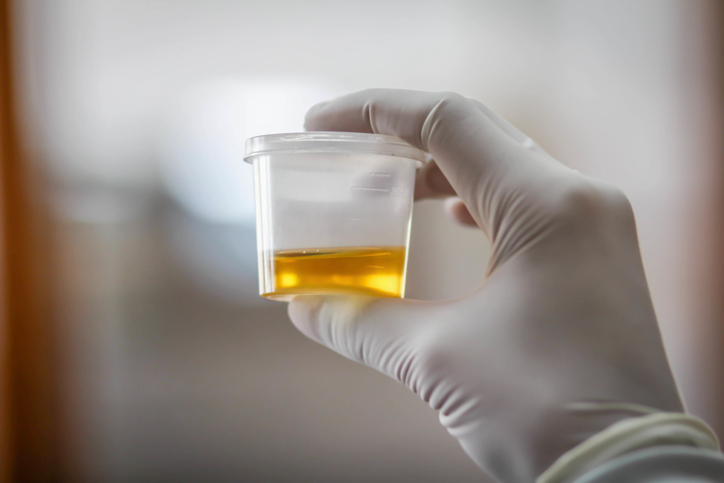UTI Dyer Urinary Tract Infections and How to Treat Them
What Causes a UTI?
A urinary tract infection is a bacterial infection that affects any part of the body’s urinary system. Most commonly, UTIs occur in the bladder but in severe cases can spread to the kidneys. The most common causes of UTIs are bacteria from the anus that enter the urethra and travel up toward the bladder. Other factors like diabetes, pregnancy, sexual intercourse, catheters, age, and use of spermicides can increase one’s risk of developing a UTI.
Risk Factors:
Urinary tract infections are commonly caused by bacteria in the bowel or bladder. They can be spread through sexual contact, contaminated water, or prolonged use of a catheter. There are many risk factors that can lead to UTI Dyer. The most common causes of a UTI include sexually transmitted infections (STIs) such as gonorrhea and chlamydia; bacterial infections from fecal matter entering the urethra due to poor toilet hygiene; sexual intercourse; pregnancy; diabetes; prostate enlargement; kidney stones, bladder stones, or prostate cancer. Sexual activity is the main cause of UTIs in both men and women.
Treatment Options:
Urinary tract infections are often treated with antibiotics. In cases where an infection is severe or has already spread beyond the bladder, intravenous antibiotics may be prescribed. Antibiotics come in both oral and intravenous forms. Oral antibiotics can be taken at home while intravenous antibiotics will require a visit to a healthcare professional. The most effective way of treating UTIs is by preventing them from occurring in the first place. Drinking plenty of water, drinking cranberry juice, taking probiotics, avoiding spicy foods, and wearing cotton underwear are all effective methods of prevention. A doctor may also prescribe medications that reduce urinary acidity or inhibit bladder contractions which can contribute to UTIs.
You May Also Like:
Diet Considerations:
- Drink plenty of fluids, especially water. This helps flush out toxins from the bladder and kidneys.
- When urinating, try to ‘pee’ as soon as you feel the urge. If you hold it in for too long, bacteria can build up in your system which can lead to an infection.
- Take care of your hygiene.
Prevention Tips:
- 1. Drink lots of water to stay hydrated.
- Take your antibiotics exactly as prescribed by your physician.
- Don’t hold in urine when you need to go to the bathroom–this can cause bacteria to spread in the urinary tract.
- Wash hands before and after using the restroom, changing a diaper, or blowing your nose–many types of UTIs are caused by germs from these activities that can be passed on from person to person without them knowing it.
- Eat a balanced diet that includes plenty of fruits and vegetables–these foods contain healthful nutrients that promote good bladder health, such as antioxidants, which may help reduce urinary symptoms associated with a UTI like burning or pain during urination.
- Make sure to drink enough fluids each day to prevent dehydration.
- If you experience frequent problems with urgency or frequency of urination, ask your doctor about taking more fluids throughout the day.
- If a UTI is not treated right away, bacteria could travel up into the kidneys and bladder (pyelonephritis).
- Be sure to let any sexual partners know if they have had symptoms of infection so they can seek treatment as well!
- If you have diabetes and experience repeated UTIs, contact your doctor because this could indicate diabetes-related kidney disease (renal insufficiency).
- Untreated infections may lead to long-term complications such as kidney damage (chronic pyelonephritis) or infertility (obstructed fallopian tubes).




